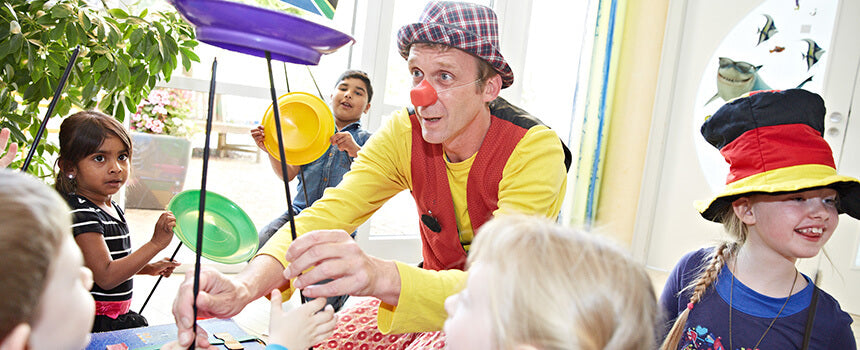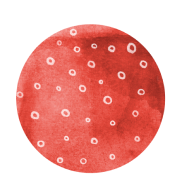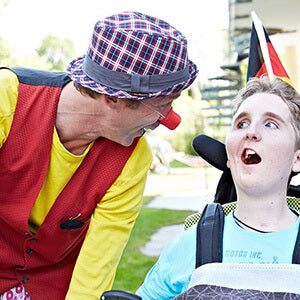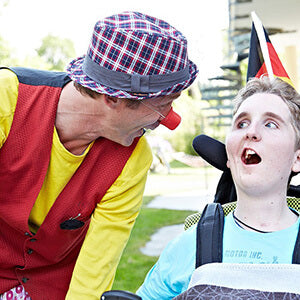Day 24
One minute of hospital clowns for sick children in Germany
 Laughing children in the Balthasar children's and youth hospice
Laughing children in the Balthasar children's and youth hospice


Accompanying terminally ill children and adolescents

need
Hospital clowns for terminally ill children and young people in children’s hospices.
activity
Professionally trained hospital clowns make terminally ill children and young people laugh for a few hours a week.
Measurable performance
Number of children who can be visited by a hospital clown.
Result
Children and young people with terminal illnesses experience happy hours, can laugh and have their self-esteem strengthened.
Systemically relevant impact
The family structure of affected families with a terminally ill child is strengthened because all family members benefit.
background


The good deed
AboutGermany
Berlin
Capital city
82 667 700
Population

41 902
Gross domestic product
per capita per year

4
Human Development Index
(Human Development Index)



